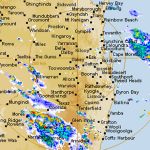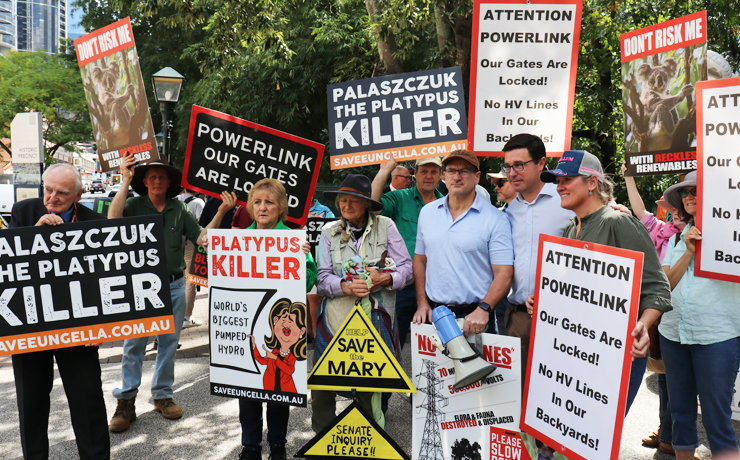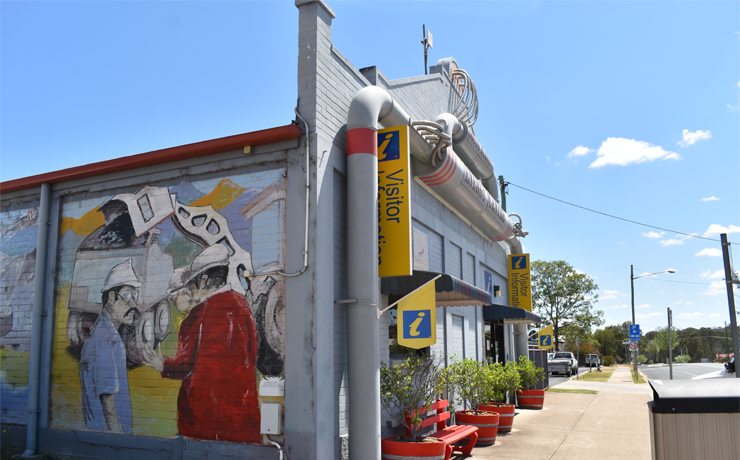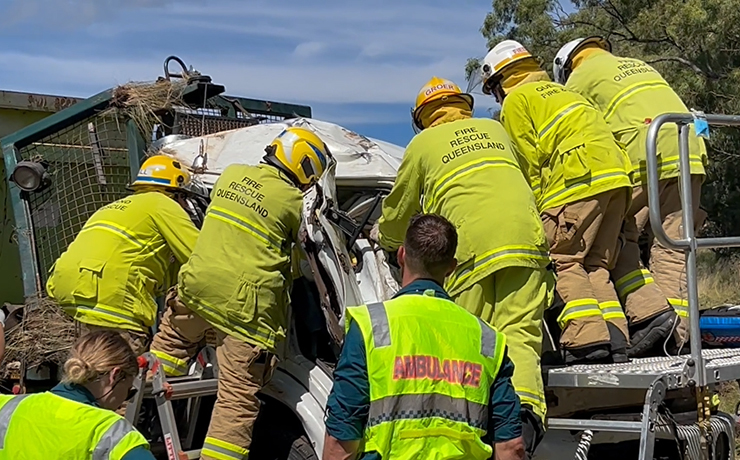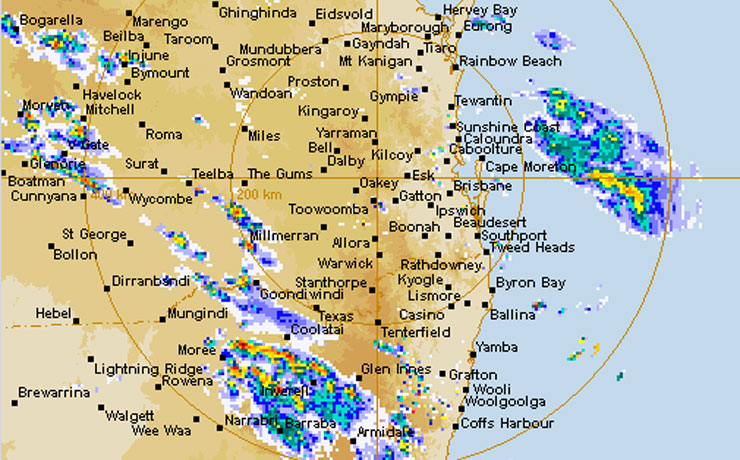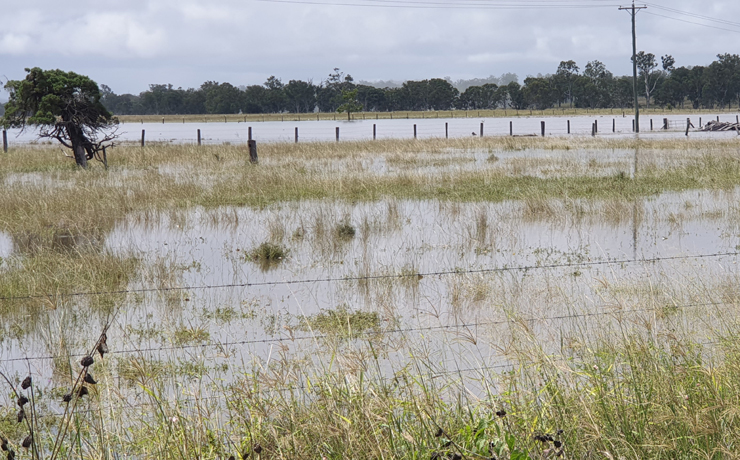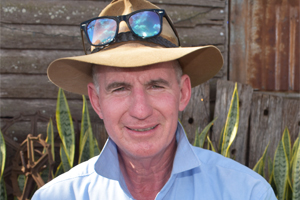
February 4, 2020
A clinical safety trial has successfully tested a Hendra virus treatment on 40 human volunteers, according to Queensland Health.
The trial evaluated the safety of an antibody treatment, dubbed m102.4.
Trial co-ordinator Prof Geoffrey Playford said treatment with m102.4 was well tolerated in healthy volunteers.
“m102.4 has the potential to prevent disease in a person exposed to Hendra virus following contact with an infected horse and is the most promising therapeutic opportunity to date for addressing this unmet medical need,” Prof Playford said.
Hendra virus was identified in 1994 in the Brisbane suburb of Hendra. Since then there have been seven confirmed cases of Hendra virus infection in humans resulting in four deaths.
Queensland Chief Health Officer Dr Jeannette Young said the results of the trial meant Queensland was one step closer to protecting those at high risk of developing the potentially fatal disease after contact with an infected horse.
“Future studies will be needed to confirm the effectiveness of m102.4 for treatment and protection against different strains of the Hendra virus, particularly among populations living in settings where there is the potential for an outbreak,” Dr Young said.
The human monoclonal antibody m102.4 was originally developed by Prof Chris Broder and his team at the Uniformed Services University of the Health Sciences (USU) and the National Institutes of Health.
The antibody has been available in Queensland since 2010, shared by USU and the Henry M. Jackson Foundation for the Advancement of Military Medicine for the treatment of Hendra virus infection in people. Since then, it has been used on compassionate grounds in 13 people in Queensland.
Following an unprecedented number of equine Hendra virus notifications (22 horses on 18 properties) in Queensland and NSW in 2011, planning commenced in 2012 for the first randomised, double-blind placebo-controlled phase 1 trial of the m102.4 in human participants.
Supplies of the m102.4 antibody have been manufactured using innovative technology at The University of Queensland’s Australian Institute for Bioengineering and Nanotechnology.
The trial also concluded m102.4 had the potential to treat infections with Nipah virus, a highly lethal Hendra-like virus which emerged in south-east Asia in 1998.
Both Hendra and Nipah viruses are among the World Health Organization list of priority diseases needing urgent attention for research and development of therapeutics.
The results of the trial, which was funded by Queensland Health, the National Health and Medical Research Council, and the National Hendra Virus Research Program, have been published in The Lancet Infectious Disease journal.









